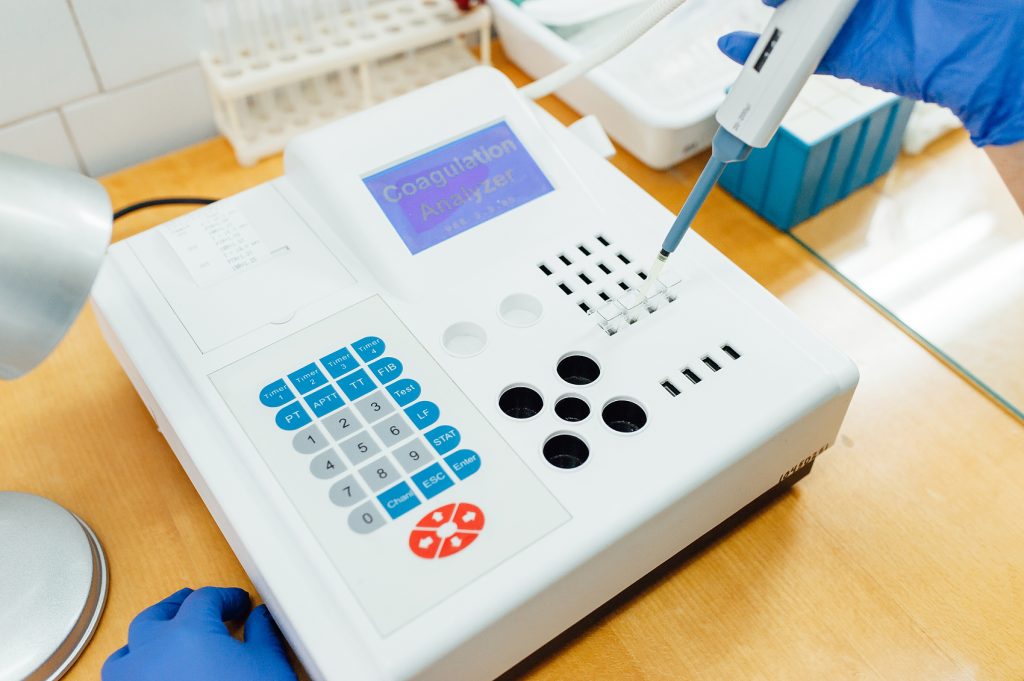Blood tests are an essential part of modern healthcare, providing crucial insights into your health and helping diagnose a range of conditions, from the routine to the serious.
The Power of Prevention
Routine blood tests are key for preventative care, often catching early signs of diseases like diabetes, high cholesterol, or kidney issues before symptoms appear. Early detection is vital for managing, or even reversing, certain conditions effectively.
Diagnosing Symptoms
When you experience symptoms like fatigue, fever, pain, dizziness, or unusual weight changes, blood tests can be critical in identifying the underlying causes. These might be infections, hormonal imbalances, or other medical issues.
Private Testing
Some people choose private blood tests to get quicker results or tests that aren’t available through standard medical care, offering more comprehensive health screening, confidentiality, or more control over their healthcare decisions.

Monitoring Chronic Conditions
For those living with chronic conditions such as diabetes, heart disease, or thyroid disorders, regular blood testing is crucial. It helps track the progression of the condition and the effectiveness of any treatments, allowing adjustments to medications and management plans as needed.
Pre-Surgical Screening
Before surgery, blood tests are often necessary to check for any issues that could complicate procedures, such as clotting disorders, infections, or anemia. These tests are critical to ensure patient safety.
Vitamin and Mineral Levels
Maintaining the right balance of vitamins and minerals is essential for good health. Blood tests can detect deficiencies or excesses of key nutrients like Vitamin D, iron, or calcium, helping to address imbalances and prevent related health issues.
Allergy and Intolerance Testing
Blood tests can identify allergies and intolerances by measuring your immune response to specific allergens, aiding in the diagnosis of reactions to foods, pollen, pets, and more.
Fertility and Pregnancy
In fertility treatments and pregnancy care, blood tests check vital hormone levels and monitor the health of both mother and fetus, detecting conditions like gestational diabetes or preeclampsia early.
Drug Monitoring
For those on long-term medications, especially those affecting organ function, regular blood testing is necessary. These tests ensure medication levels are safe and effective and monitor organs like the liver and kidneys.
Hormones and Enzymes
Often overlooked, hormones and enzymes play crucial roles in our health. Testing these can diagnose conditions like thyroid issues or enzyme deficiencies, important for understanding complex, nonspecific symptoms.

Infectious Diseases and Immune Disorders
Blood tests are essential for diagnosing infectious diseases like HIV/AIDS, hepatitis, and tuberculosis, as well as autoimmune disorders where the body attacks its own tissues.
Conclusion
Blood tests cover a wide array of health checks, from preventative screenings to managing chronic diseases and diagnosing complex conditions. They are invaluable in modern medicine, providing detailed insights into the body’s functions and helping doctors and patients make informed health decisions. In essence, a simple blood test can unlock a wealth of information for improved health and well-being.








